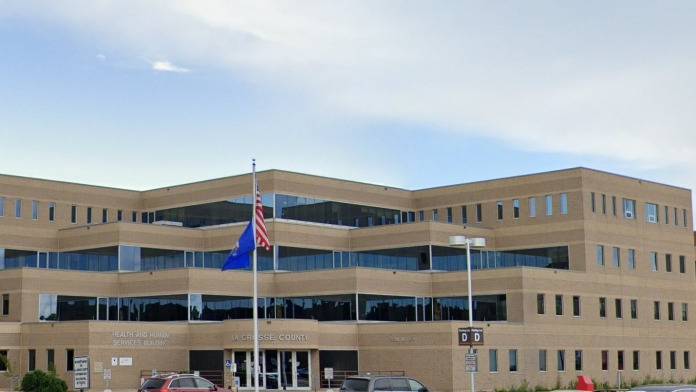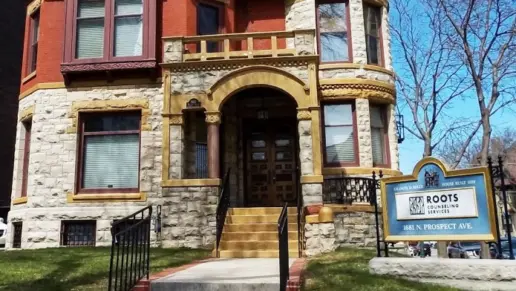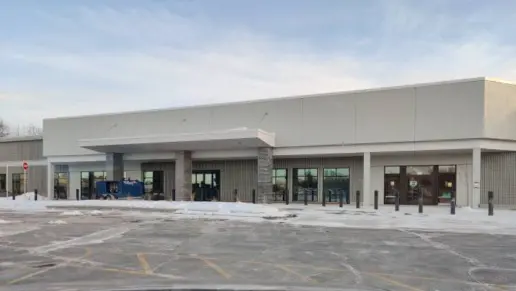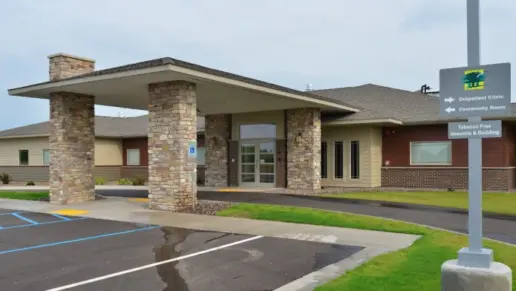La Crosse County Human Services provide a wide range of services, programs, and resources to all kind of people. The staff is very friendly and helpful.
About La Crosse County Human Services
La Crosse County Human Services is a resource hub for people living in La Crosse, Wisconsin. They offer links to finding assistance within the county that address several conditions, including alcohol or drug abuse. They can provide more information about how to access the services and their cost. Your treatment program can include care from comprehensive community resources that address the needs of adults, children or youth in outpatient programs. Coordinated Services Teams are also available for children who are at risk for homelessness or children involved with child protection or the juvenile justice system.
They address moderate intensity mental health and substance use disorders with service facilitators who work with you to identify a recovery team from your support system. You assist in identifying goals, and, as part of the process, you help in designing the services through a network of providers. Your coordinated service team is available when you have more intense mental health or addiction needs.
To be eligible for substance use disorder treatment by La Crosse County, you must be a county resident receiving medical assistance with moderately high intensity addiction or mental health needs. The county also provides a continuum of contracted substance abuse services that include outpatient and residential treatment. The primary population who is eligible for these services is uninsured.
Your care may include medical detoxification before beginning evidence-based treatment to address your mental health and addiction needs. They also provide individual, group and family therapy; outreach; supported housing; and case management.
The county works with emergency detention for court ordered treatment. These services are intended for families when a child or an adult requires involuntary treatment because they pose a threat to themselves or others.
In addition to treatment services, the county also provides educational and support services when your loved one is abusing drugs or alcohol. These services can help you guide your loved one to the treatment they need.
Rehab Score
Gallery

Location
Other Forms of Payment
Medicaid is a state based program that helps lower-income individuals and families pay for healthcare. Medicaid covers addiction treatment so those enrolled can use their coverage to pay for rehab. When a program accepts Medicaid the client often pays very little or nothing out of their own pocket.
Self-pay involves paying for treatment out of your own pocket. You can use savings or credit, get a personal loan, or receive help from family and friends to fund your treatment. If you don't have insurance or your insurance plan doesn't cover a specific program, self-pay can help ensure you still get the care you need.
Financial aid can take many forms. Centers may have grants or scholarships available to clients who meet eligibility requirements. Programs that receive SAMHSA grants may have financial aid available for those who need treatment as well. Grants and scholarships can help you pai for treatment without having to repay.
Sliding scale payments are based on a client's income and family size. The goal is to make treatment affordable to everyone. By taking these factors into account, addiction recovery care providers help ensure that your treatment does not become a financial burden to you or your family, eliminating one barrier to care.
Medicare is a federal program that provides health insurance for those 65 and older. It also serves people under 65 with chronic and disabling health challenges. To use Medicare for addiction treatment you need to find a program that accepts Medicare and is in network with your plan. Out of pocket costs and preauthorization requirements vary, so always check with your provider.
Addiction Treatments
Levels of Care
Treatments
Many of those suffering from addiction also suffer from mental or emotional illnesses like schizophrenia, bipolar disorder, depression, or anxiety disorders. Rehab and other substance abuse facilities treating those with a dual diagnosis or co-occurring disorder administer psychiatric treatment to address the person's mental health issue in addition to drug and alcohol rehabilitation.
Mental health rehabs focus on helping individuals recover from mental illnesses like bipolar disorder, clinical depression, anxiety disorders, schizophrenia, and more. Mental health professionals at these facilities are trained to understand and treat mental health issues, both in individual and group settings.
Programs


Clinical Services
Cognitive Behavioral Therapy (CBT) is a therapy modality that focuses on the relationship between one's thoughts, feelings, and behaviors. It is used to establish and allow for healthy responses to thoughts and feelings (instead of unhealthy responses, like using drugs or alcohol). CBT has been proven effective for recovering addicts of all kinds, and is used to strengthen a patient's own self-awareness and ability to self-regulate. CBT allows individuals to monitor their own emotional state, become more adept at communicating with others, and manage stress without needing to engage in substance abuse.
Group therapy is any therapeutic work that happens in a group (not one-on-one). There are a number of different group therapy modalities, including support groups, experiential therapy, psycho-education, and more. Group therapy involves treatment as well as processing interaction between group members.
In individual therapy, a patient meets one-on-one with a trained psychologist or counselor. Therapy is a pivotal part of effective substance abuse treatment, as it often covers root causes of addiction, including challenges faced by the patient in their social, family, and work/school life.
Trauma therapy addresses traumatic incidents from a client's past that are likely affecting their present-day experience. Trauma is often one of the primary triggers and potential causes of addiction, and can stem from child sexual abuse, domestic violence, having a parent with a mental illness, losing one or both parents at a young age, teenage or adult sexual assault, or any number of other factors. The purpose of trauma therapy is to allow a patient to process trauma and move through and past it, with the help of trained and compassionate mental health professionals.
Contact Information
300 4th street North
La Crosse, WI 54601


